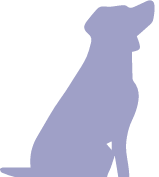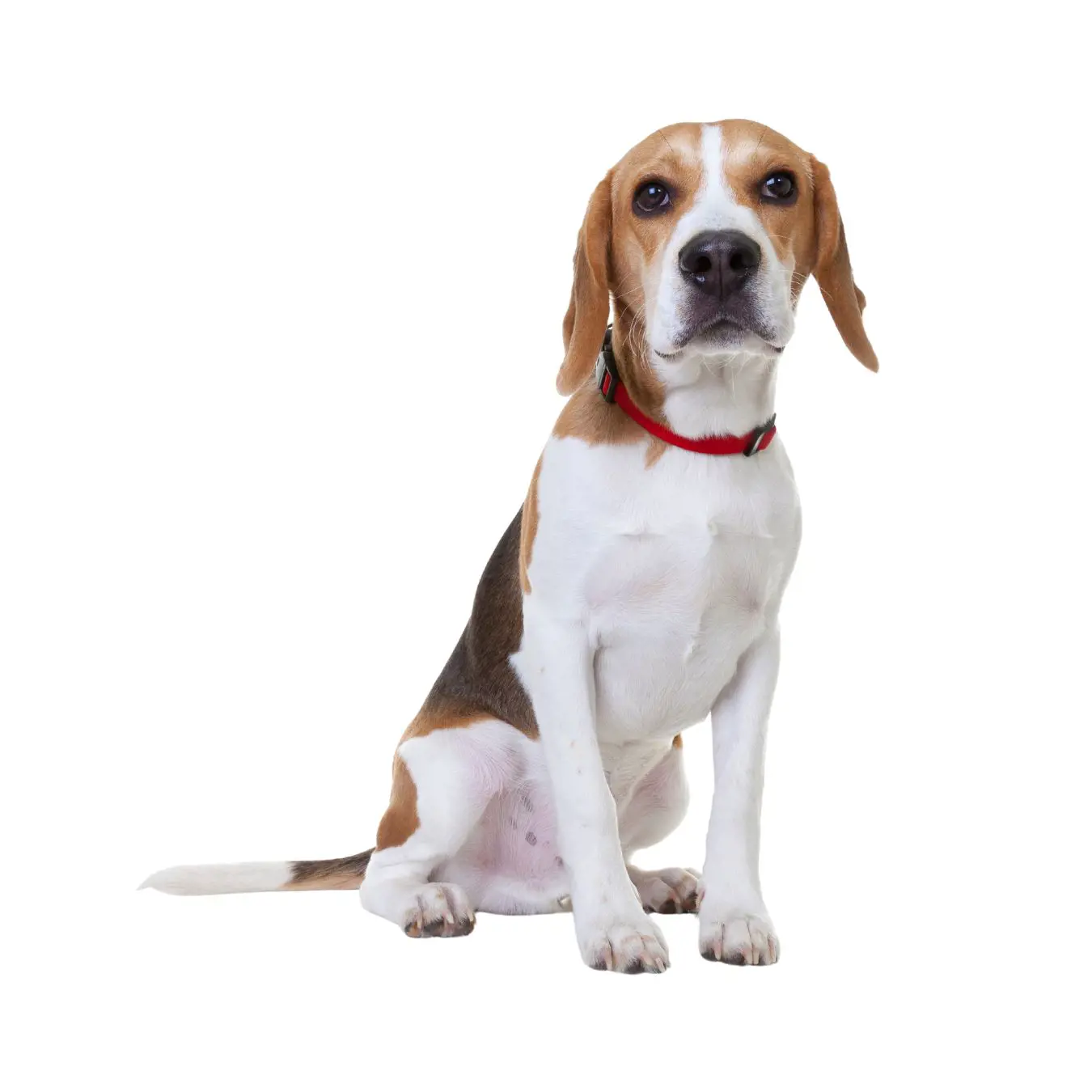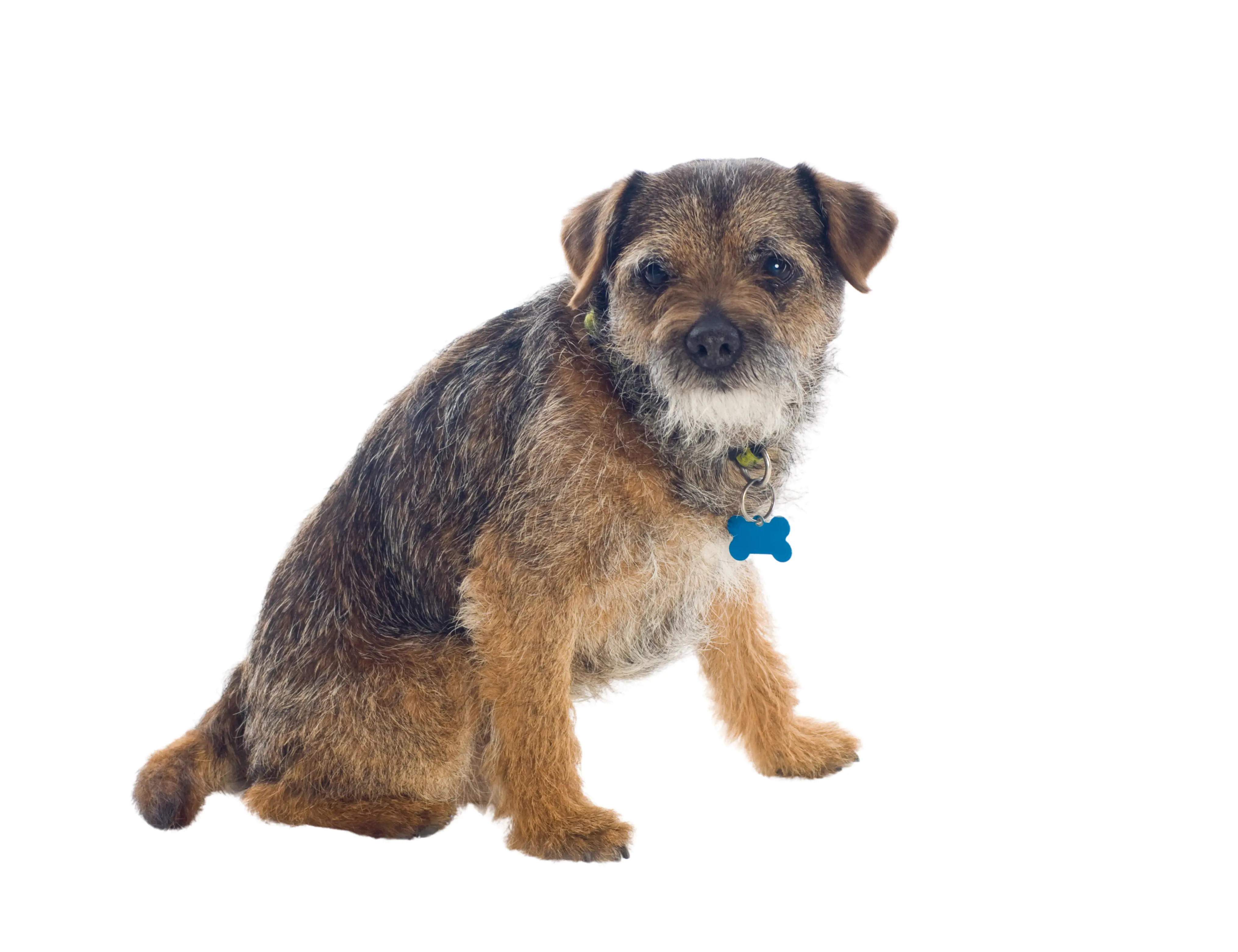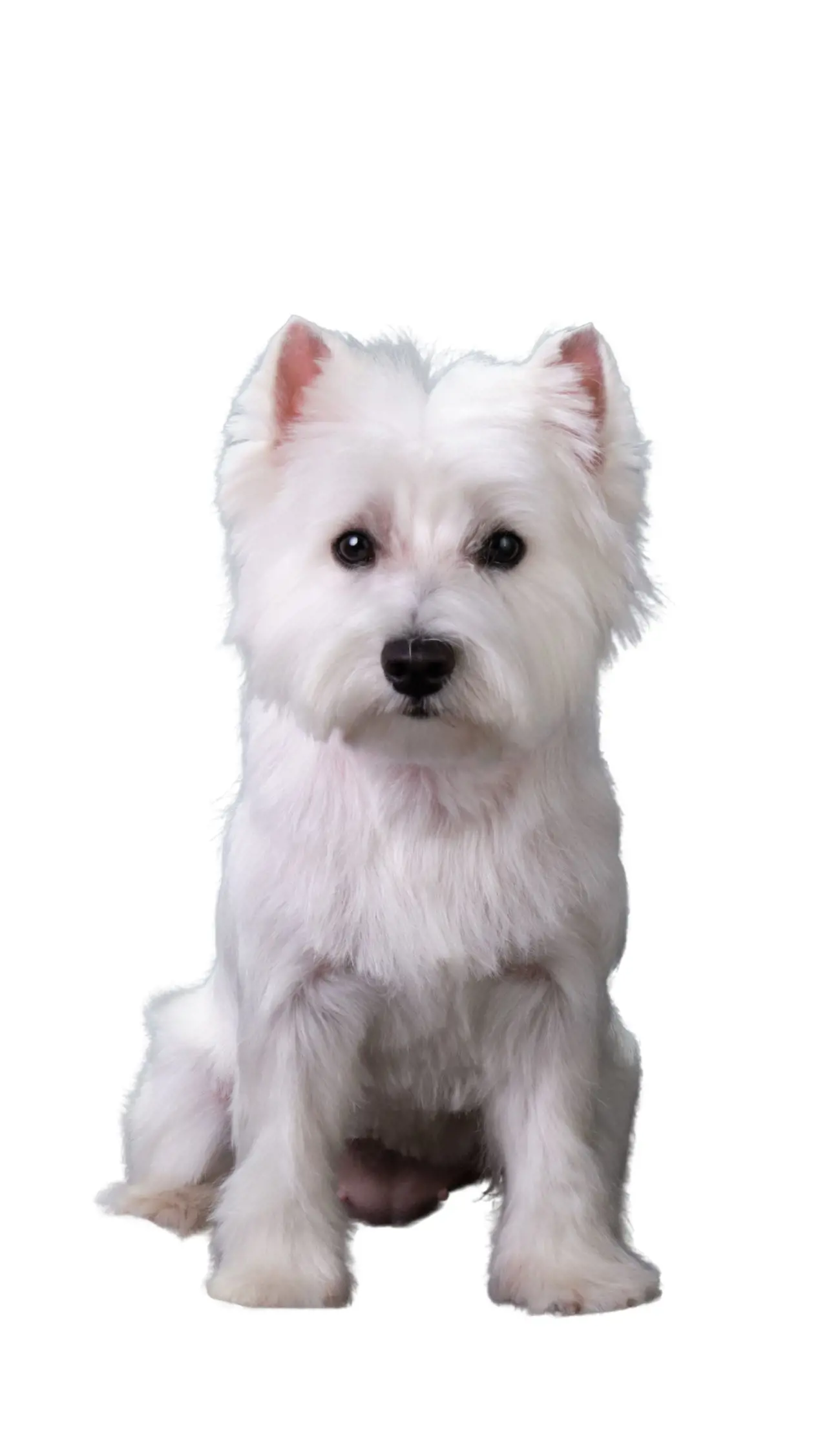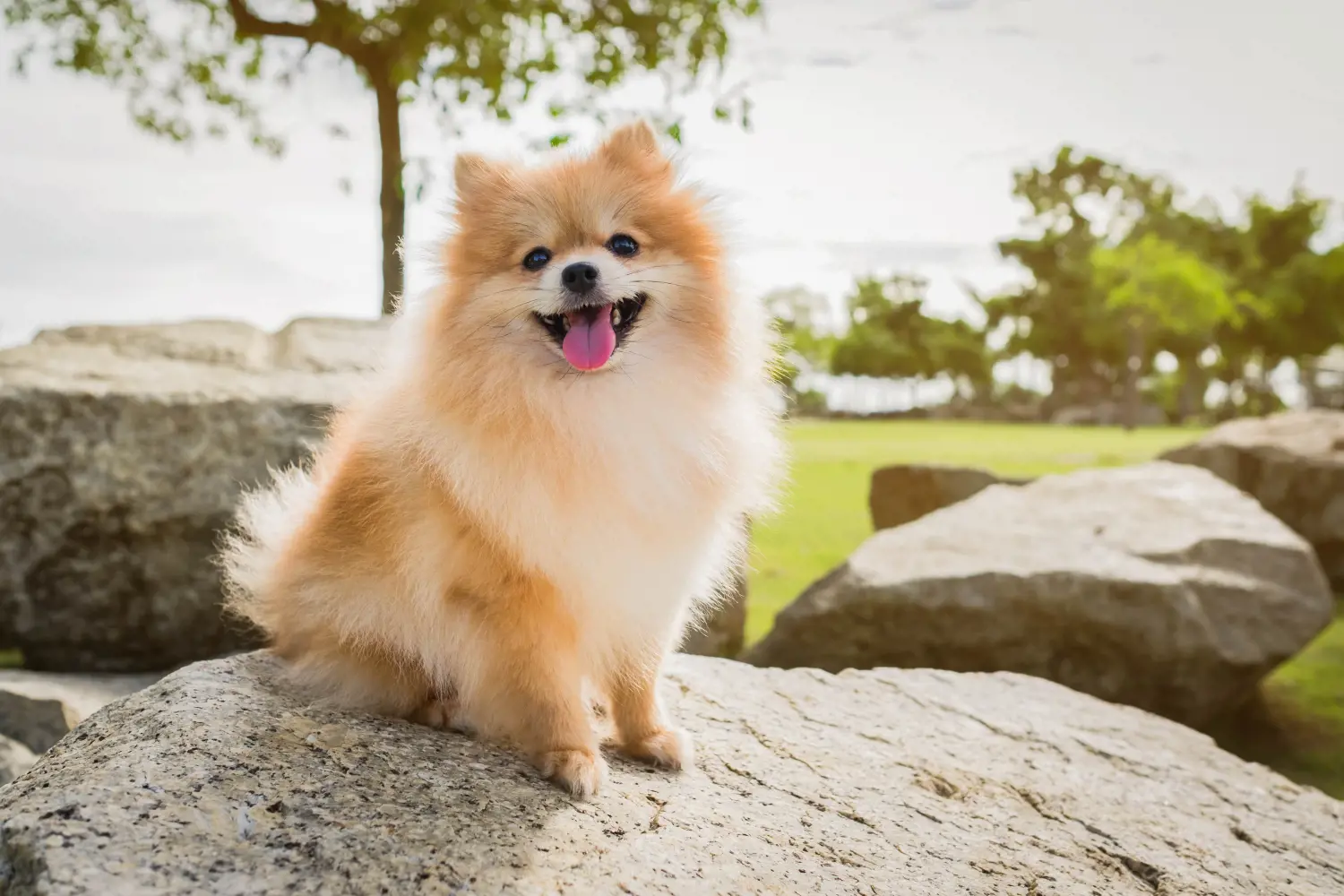
Top 6 vital stats about Pomeranians...
Social
Good with other kids and other pets
Exercise
30+ mins per day
Grooming
4-6 weeks
Feeding
2 times a day
Training
Requires daily exercise and stimulation
Shedding
Light shedding
Caring for your Pomeranian
Do Pomeranians need a lot of grooming?
Pomeranians, known for their luxuriant double coats, indeed require a significant amount of grooming to maintain their appearance and health. Regular brushing, at least two to three times a week, is essential to prevent matting and tangles.
Do Pomeranians suffer from health conditions?
Pomeranian dogs are prone to certain common health issues such as dental problems, tracheal collapse, and luxating patella. Additionally, their thick fur can make them susceptible to skin conditions such as alopecia. Preventive care and regular veterinary visits are essential to manage these potential health issues effectively.
Do Pomeranians bark a lot?
The Pomeranian breed are known for their high energy levels and lively nature. Their energetic disposition makes them excellent companions for active individuals or families, as they thrive on engaging activities and play. Overall, Pomeranians are vibrant dogs that bring a considerable amount of enthusiasm and zest to any household.
General summary
Pomeranian dogs are generally a lower maintenance dog breed. Brushing your Pomeranian dog two to three times a week would be sufficient to keep their coat maintained. Typically, adult Pomeranian are fed two times per day but it is advised to consult with a vet as every dog is different.
Pomeranian feeding & attention
How often to feed them?
Pomeranians, like many small dog breeds, typically eat two to three meals per day. This feeding schedule helps maintain their energy levels and supports their fast metabolism. Puppies often require more frequent meals, sometimes up to four times daily, to accommodate their growth and higher energy demands.
What energy levels do Pomeranians have?
This breed tends to be highly alert and can be quite vocal in response to various stimuli, including unfamiliar sounds, visitors, or even other animals. Their innate protective instinct drives them to alert their owners to any perceived threats.
Easy to train?
Although small in size, Pomeranians possess a spirited temperament and can be quite assertive if not properly guided. Early socialisation and consistent training are vital to curbing potential behavioural issues such as excessive barking or territorial aggression. Their intelligence makes them quick learners, but it also necessitates mental stimulation to prevent boredom.
Care summary
Overall, while they may need more training compared to some other breeds, the effort is well worth it to ensure they develop into well-behaved pets. Their intelligent and energetic nature means they benefit from structured training routines that address both obedience and socialisation. Their vocalisations can be managed through consistent training, potential owners should be prepared for a dog that communicates often through barking.
Pomeranian in your family
Good with children?
Pomeranians are generally considered good with children and are considered good family dogs. However, due to their small size and delicate frame, it is vital to supervise interactions between Pomeranians and younger children to prevent accidental injuries.
Good with people?
Pomeranians are generally known for their friendly and lively disposition, making them excellent companions for people. Pomeranians are intelligent and eager to please, which can make training them a relatively straightforward process.
Good with other pets?
Their integration with other animals largely depends on their early socialisation and individual temperament. Pomeranians have a bold and spirited personality, which sometimes may lead to dominance issues with other pets, especially larger dogs.
Personality summary
These small yet energetic dogs are highly sociable and tend to form strong bonds with their owners. Their affectionate nature often makes them well-suited to family life, as they are typically good with children and other pets. It is essential to socialise them from a young age to ensure they grow up to be well-rounded and confident in social situations. It is important to remember that each Pomeranian is unique, and their compatibility with other pets can vary based on their upbringing and environment.
Did You Know?
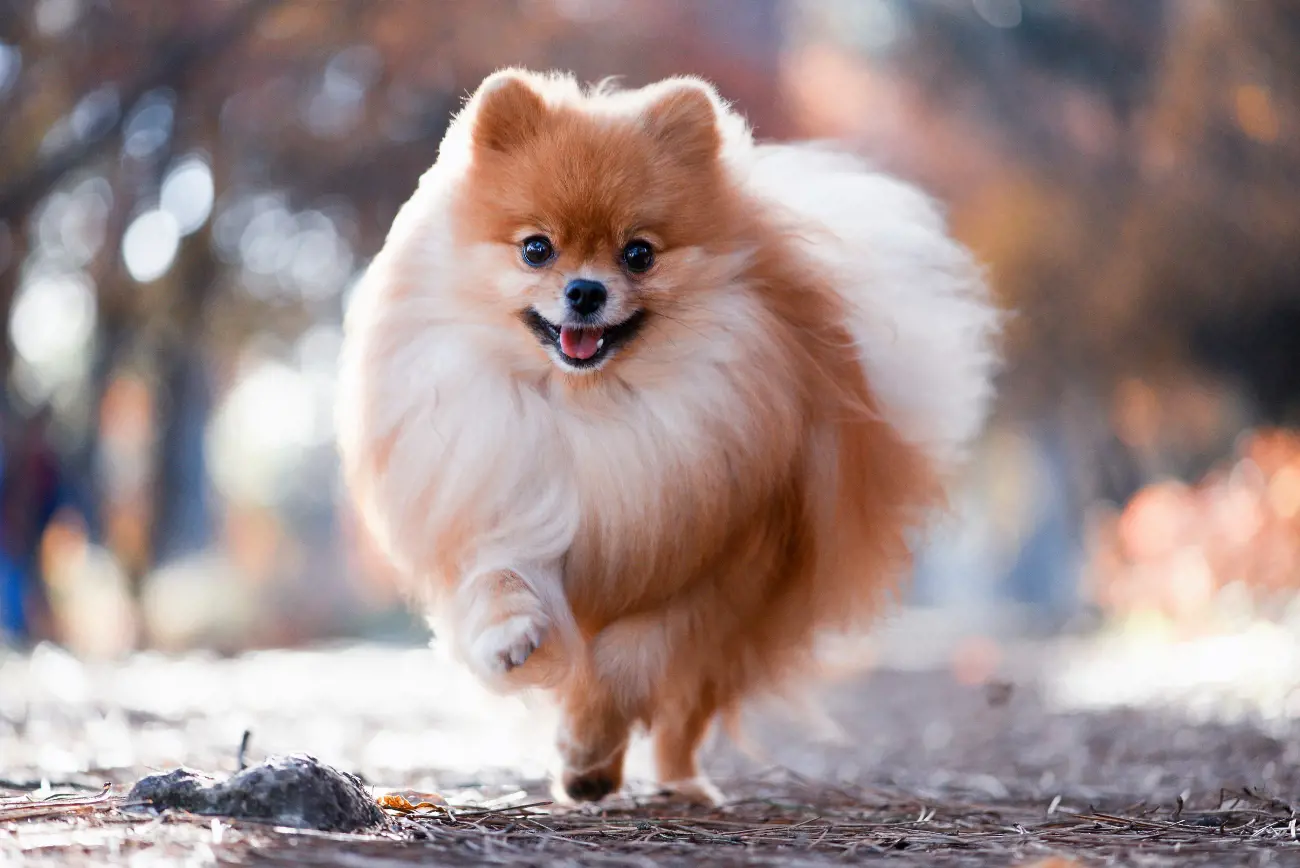
Historically, Pomeranians have been favoured by royalty, with Queen Victoria notably owning a particularly small one, thereby popularising the trend for smaller-sized Pomeranians.
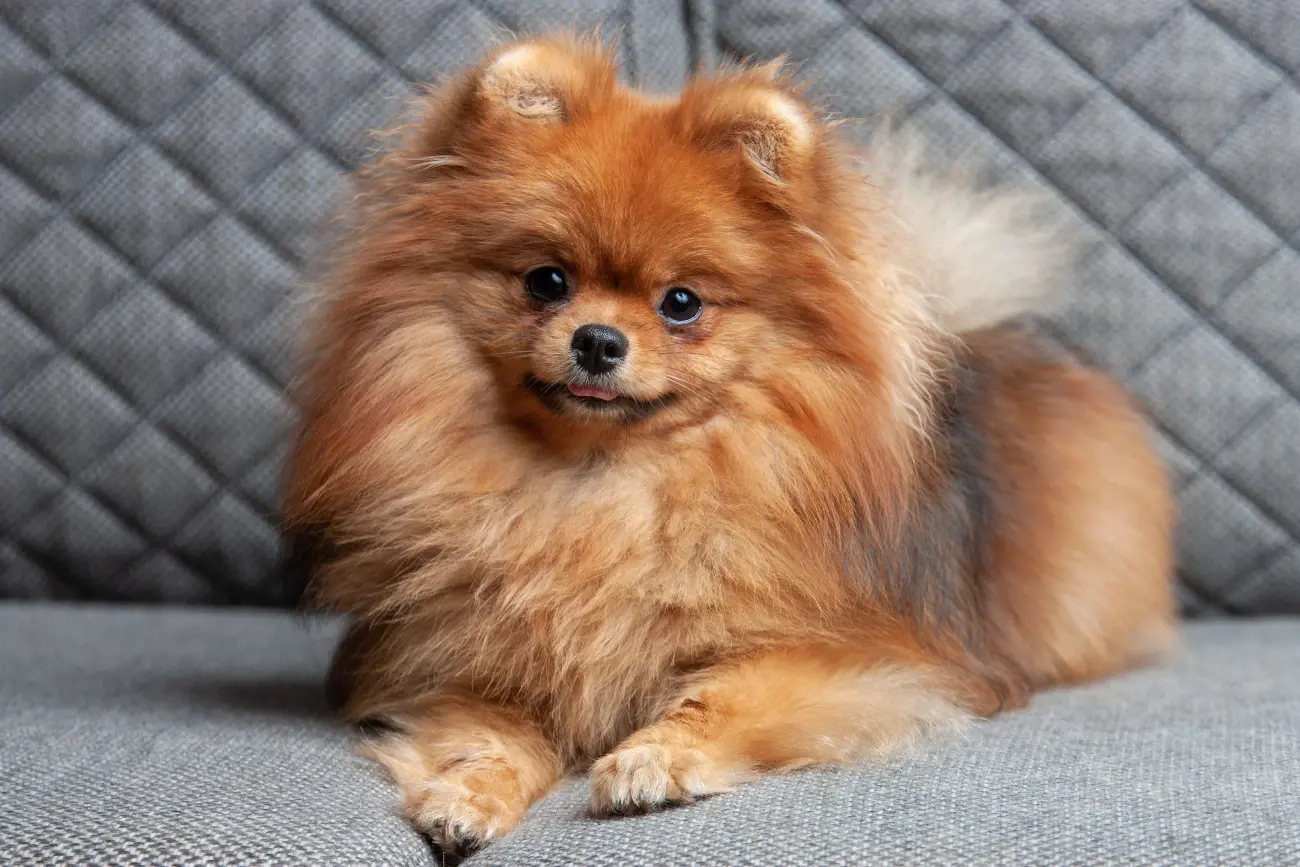
Pomeranian dogs, often referred to as "Poms," are renowned for their distinctively fluffy coats and charming personalities.
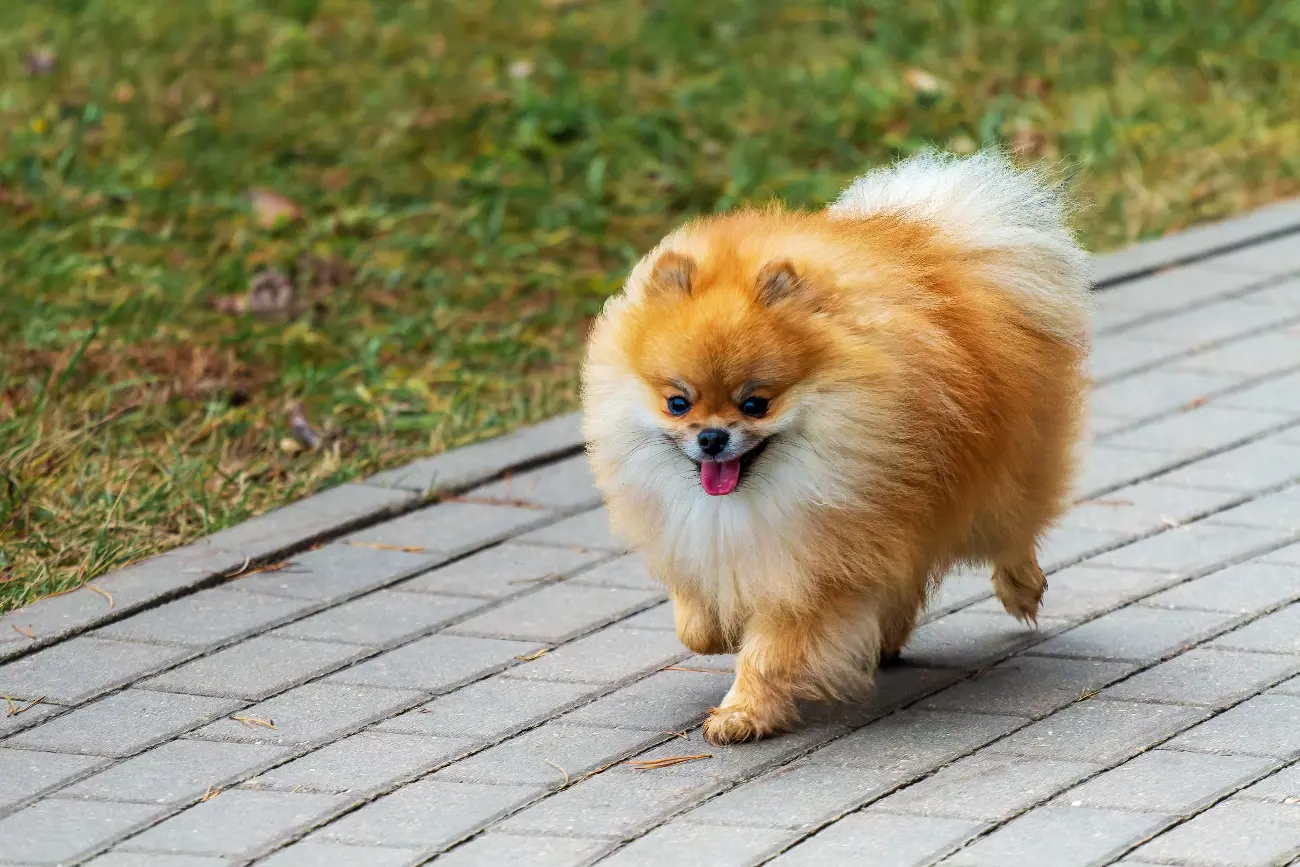
These small yet sturdy canines originate from the Pomerania region in north-west Poland and north-east Germany, historically bred down from larger sled-pulling breeds.
Package available for your Pomeranian includes
Bronze
Silver
Gold
Complementary treatment
Up to
£500
per illness/injury
Up to
£750
per illness/injury
Up to
£1000
per illness/injury
3rd Party Liability (dogs only)
Up to
£1M
per illness/injury
Up to
£2M
per illness/injury
Up to
£2M
per illness/injury
Death from Illness*
*Death from illness does not apply to dogs aged 9 and over & cats aged 11 and over
£1,000
£1,500
£2,000
Death from accident
£1,000
£1,500
£2,000
Pomeranian Training & Exercise
- Pomeranians thrive on mental stimulation, so incorporating engaging activities and challenges into their training regimen can be particularly effective.
- Basic obedience training, coupled with positive reinforcement techniques, can be highly effective.
-
Signs of separation anxiety in Pomeranians may include excessive barking, destructive behaviour, and restlessness.
-
It is advisable for owners to implement strategies such as gradual desensitisation, providing engaging toys, and creating a consistent routine to mitigate these issues.
-
Pomeranians thrive on companionship, so ensure they have ample opportunities to interact with you and other pets.
- Early training is essential to curb any tendencies towards barking, possessiveness, or stubbornness. Positive reinforcement techniques, combined with consistency and patience, typically yield the best results.
Pomeranian Personality Traits
- Frequent bathing, nail trimming, and dental care are essential components of their grooming regimen.
- You should also pay attention to ear cleaning and eye care to avoid infections.
-
Pomeranian dogs can be a suitable choice for first-time dog owners due to their small size, affectionate nature, and manageable exercise needs. You should be prepared to invest time in consistent training regime.
-
With proper care and attention, Pomeranians can make delightful pets for novice dog owners.
- It is vital to provide balanced, high-quality dog food appropriate for their age and size.
- Always ensure fresh water is available to keep your Pomeranian well-hydrated throughout the day.
-
These small dogs often suffer from dental problems due to their tiny jaws, making regular dental check-ups essential.
-
Pomeranians are susceptible to patellar luxation, where the kneecap dislocates from its normal position. They may also experience tracheal collapse, a condition affecting the windpipe that can lead to breathing difficulties.
-
Hypothyroidism and alopecia, a form of hair loss, are other health concerns prevalent among Pomeranians.
Frequently Asked Questions
Daily walks are essential; aim for two 20-minute sessions to keep them stimulated and fit. Engage in interactive play such as fetch or tug-of-war, which can be conducted indoors or in a secure garden. Always monitor their activity levels to avoid overexertion, considering their size and potential health issues.
Maintaining the happiness of your Pomeranian dog necessitates a blend of physical exercise, mental stimulation, and social interaction. Regular walks are vital to keep them physically active and healthy.
Pomeranians are known to be affectionate and loyal companions, traits that often contribute to their susceptibility to separation anxiety. Their attachment to their owners can lead to distress when left alone. Consulting a professional dog trainer or behaviourist can also be beneficial in addressing and alleviating separation anxiety in Pomeranians.
Known for their spirited and lively disposition, Pomeranian puppies are highly sociable and thrive on human interaction. They possess confidence, often displaying a curious and adventurous spirit. A Pomeranian puppy is also a quick learner, making them relatively easy to train with consistent and positive reinforcement techniques.
Pomeranian dogs are indeed considered a toy breed. This classification is primarily due to their small stature. The breed originates from the Pomerania region in Europe and has been selectively bred to enhance their miniature form.
